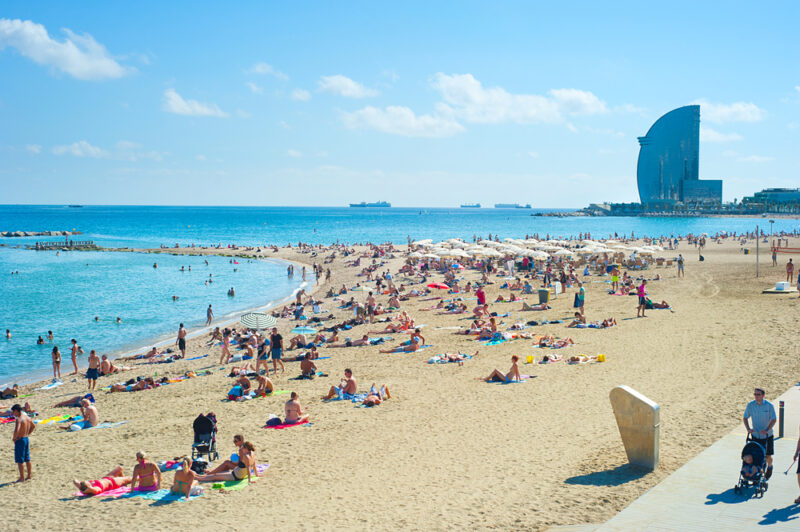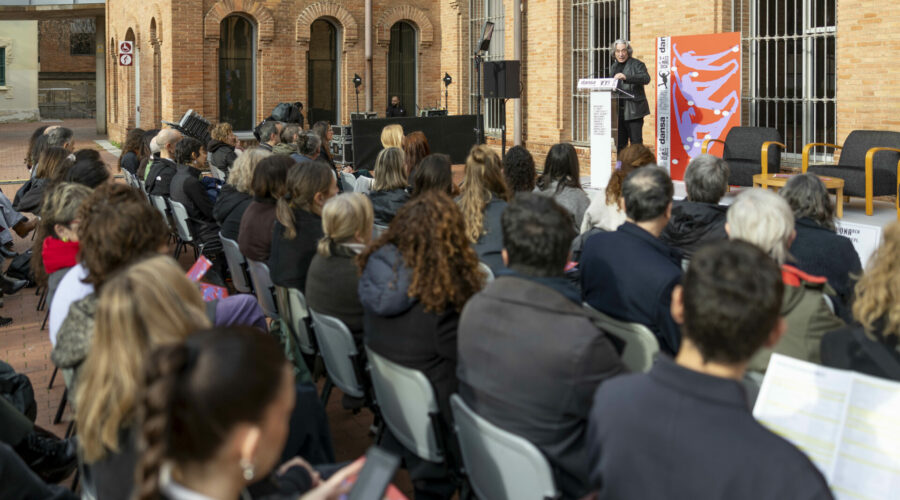Barcelona, a vibrant and lively city, is not only famous for its modernist architecture and unforgettable beaches, but also for being an epic tourist destination. However, behind its cosmopolitan splendor, one problem persists: civic fines. Why does it seem so difficult for the city to collect its fair share?

Capturing the essence of the problem
The Barcelona City Council, in an attempt to maintain order and ensure a positive experience for both locals and visitors, has instituted fines for various civility infractions. These range from minor acts such as botellón to more blatant behavior such as vandalism. But, the real puzzle begins after issuing these fines. Surprisingly, the consistory has only managed to collect 16% of the sanctions imposed in 2023 and 2024. And one may ask: where is the rest of the outstanding money?
The challenge of facing locals and tourists
To investigate civic fines in Barcelona is to delve into a dual reality. On the one hand, there are the residents, who, although sometimes also sanctioned, tend to be more familiar with the city’s rules and expectations. On the other hand, there are the tourists, who often arrive with different notions of what is and is not allowed.
The latter group represents a particular challenge. Many tourists, unaware of local laws or, worse, simply ignoring them, are fined during their stay. But here comes the complication: once they return to their home countries, enforcing the fine becomes a real odyssey. Indeed, collecting from international violators is a Herculean task, as these fines often remain simply a dead letter.
Proposed strategies for more effective collection
The City Council has not stood idly by. City officials have proposed a number of strategies to try to improve the efficiency of fine collection. These range from closer collaboration with authorities in other countries to the implementation of more advanced and automated collection systems.
It has also been considered to intensify awareness programs by better informing tourists about the rules of coexistence as soon as they arrive. The idea is to prevent rather than to punish, by opting for a pedagogical approach. And while these plans may seem promising, the real test will be in their implementation and, of course, in their final results.
A journey to the solution
This fine dilemma not only affects municipal coffers, but also brings to the table a broader conversation about the balance between tourism and local coexistence. Barcelona is a cultural treasure, but it is also home to thousands of people who deserve a harmonious and respectful environment.
For residents, the constant siege of crowds can quickly turn into a nightmare, especially if accompanied by uncivic behavior. And while many may argue that the solution lies in putting in place a more robust charging infrastructure, it would be short-sighted not to recognize that a real solution comes from joining forces among all those involved.
The need for tourists and locals to meet at the same point of respect and understanding is fundamental. Both the government and the international community must work together to ensure that Barcelona maintains its welcoming and protective essence.
Reconsidering the value of fines
Over the years, fines have been seen primarily as a tool for punishment. But what if they were reconceptualized as an educational opportunity? Instead of being seen only as a sanction, they could be seen as the beginning of a mutual understanding and dialogue that resonates with locals and tourists alike.
With education, legal effectiveness, and a collaborative approach, this beautiful city will be able to face its civic challenges without losing its magic.
—



